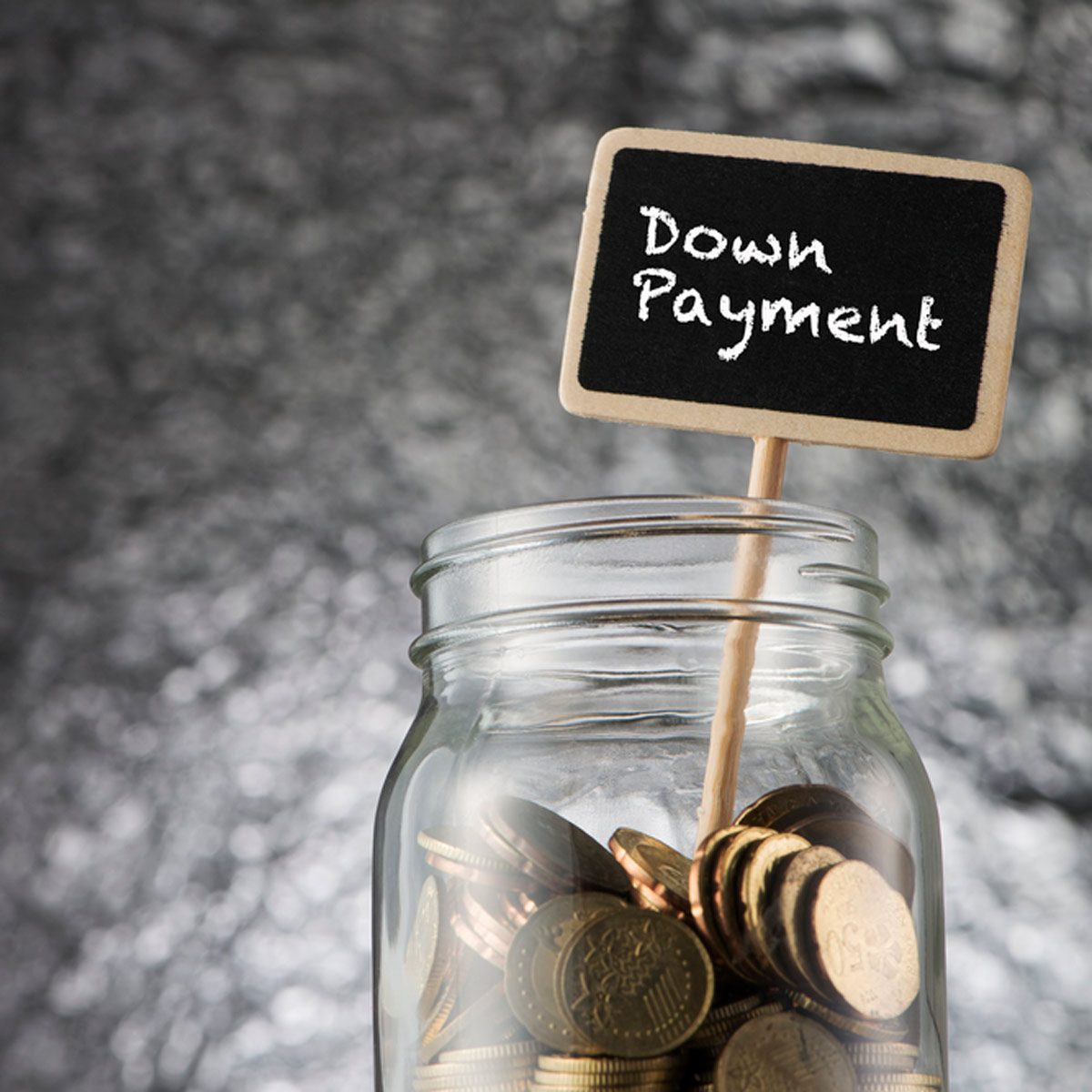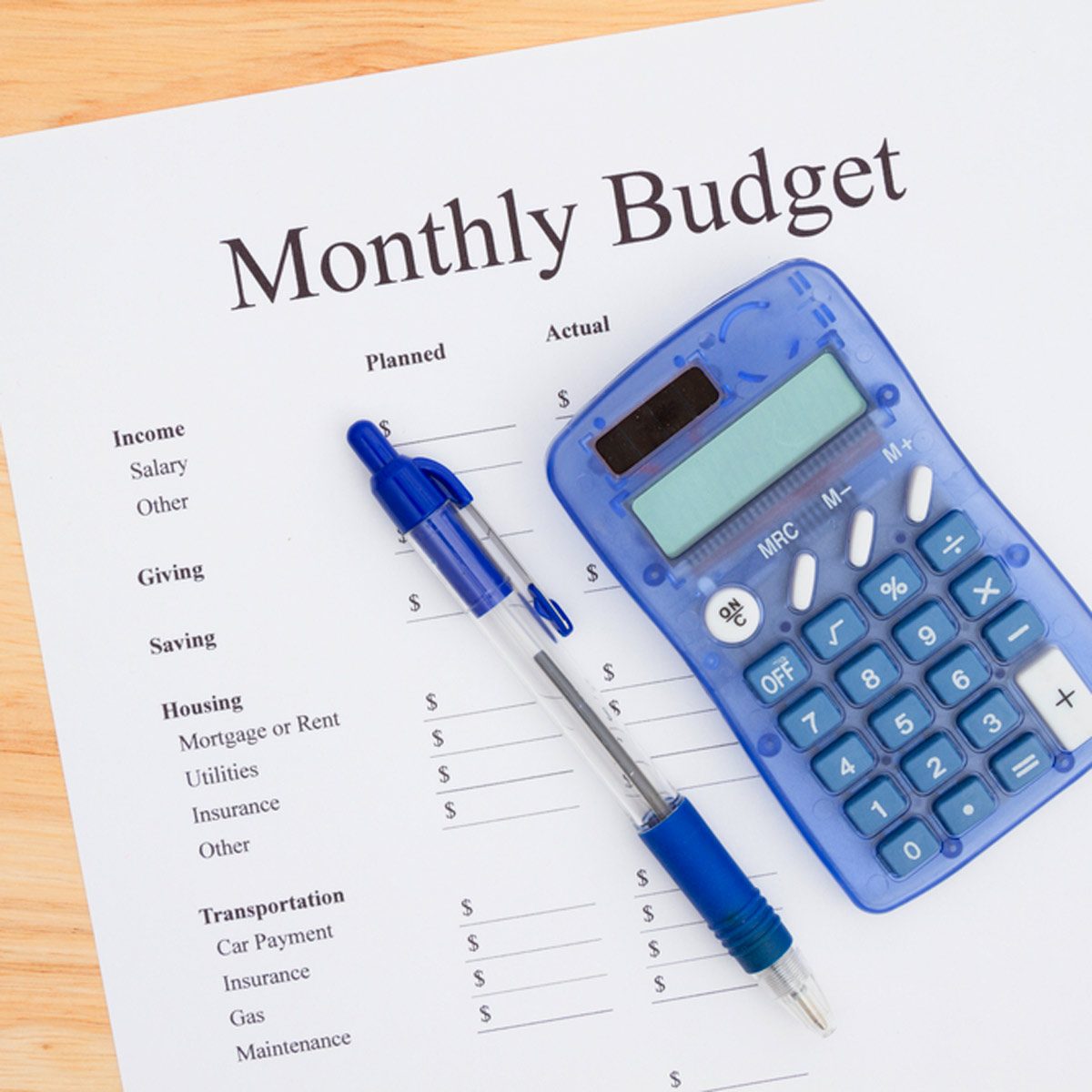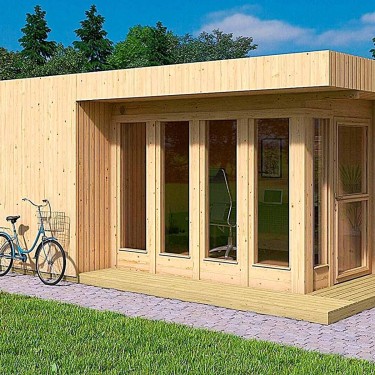There are plenty of things that can cause a home sale to fall through. Avoid these 10 missteps and the home buying process will go much smoother.

Shopping Above Your Budget
Shopping for a house can be fun, but when you start veering away from your budget, your expectations are likely to go up. This may cause you to settle on a house you simply can’t afford in the long run. If you find yourself fixated on that “dream home,” realize that you’ll likely have to quickly put in an offer higher than the asking price, since there are often multiple offers. When you don’t have the funds to outbid other offers, you’ll lose out. Plan to look for homes listed a few thousand below your budget to avoid disappointment.The home-buying process is complicated and even the most prepared have regrets. Here are some of the things people regret overlooking.

Inadequate Funds for the Down Payment
There’s a lot that goes into buying a home, including that all-important down payment. Remember to take into consideration that you shouldn’t be fixated on the exact down payment number, as there can be various unexpected fees that come up during the home-buying process. This is why it’s important to have a comfortable cushion around the down payment number. If you don’t have enough liquid capital, you could lose the house.

Unsettled Liens
If it’s discovered that the seller can’t legally transfer the property to you, the buyer, without settling certain lien issues, the chances of the home sale falling through are big. Typical liens include unpaid property taxes and other debts. There may be another party on the deed, like an ex-spouse, who isn’t willing to sign off on the title.Learn these essential terms, tricks and tips for buying a house. They’ll help make the home-buying process a little easier.

You Can’t Sell Your Current Home
If you are depending largely on the income from the sale of your current home to finance your new home, it can be incredibly stressful when things don’t happen quickly. Many people can’t afford two mortgage payments at once. If you enter a contingent offer, in which your purchase of a home won’t go through until your current home sells, you will have a set number of days to sell your home—typically 30. If you can’t sell within the allotted time, your offer will fall through.Check out these 50 super-dangerous signs that could kill a home buy.

Not Working With an Agent
Having a good real estate agent is about more than just finding your dream home. Someone with solid experience can save you from making mistakes that can cost you your house. If you choose to go without an agent, you could very well find yourself purchasing a home without knowing the benefit and necessity of learning the ins and out of the process, like home inspections, deciphering fine print and more.Planning on selling or buying a home? Then you definitely need to be considering this question before making any deals.

Not Getting Pre-Approved for a Mortgage
Before you say yes to your new home, you need to know you can afford it. One of the most important factors is your mortgage. However, if you assume you’ll be approved, what are you going to do if things fall through? Failing to get pre-approved could set you up for failure — coming to the realization that you’re only qualified for a home much smaller than the one you want.You might be focused on your mortgage payment while you’re looking for a house, but don’t forget about all the other costs associated with buying a house.

Letting the Bank or Realtor Tell You What You Can Afford
Lenders aren’t aware of how a large mortgage could affect your life goals, like retiring early or saving enough money for your kid’s college or that new business venture. Banks merely set the maximum limit based on the limited financial information they have access to, without knowing other important aspects of your life.Check out these 10 secrets first-time buyers should know.

Not Taking Advantage of First-Time Home Buyer Programs
If this is your first time buying a home, it’s important that you’re aware of your benefits. There are programs that can alleviate challenges related to mortgages and coming up with a down payment. For instance, some states offer grants to aid in down payment or closing costs. You may also qualify for FHA or VA loans that make the borrowing process run smoother, with fewer requirements on consumers trying to get their first home.

Agreeing to Deed Restrictions Without Careful Consideration
If the seller of the home you want to buy has included deed restrictions, beware. Deed restrictions are private agreements that restrict the use of the real estate in some way, and are listed in the deed. These restriction could be seemingly silly things like how many pets you can have to the types of shrubs you can plant in your yard. But what about ones that seriously affect your lifestyle? They exist, so be sure to consider whether you can live with them, otherwise you may find yourself dealing with a lot of pricey penalties.You know what you’re looking for in a new home: a large kitchen, a modern bathroom and a two-car garage. But are there things you may be overlooking?

Making Big Financial Changes Before Closing on a Mortgage
Buying a new home can make you rethink your life. It can cause you to want to purge all of the things in your life that feel off, like your current job. It can also entice you to buy things to go along with that new house, like a shiny car for the driveway. This is the worst time to make any big financial changes. Buying a home is a major life change, so don’t complicate it by messing with your financial stability at the same time.


